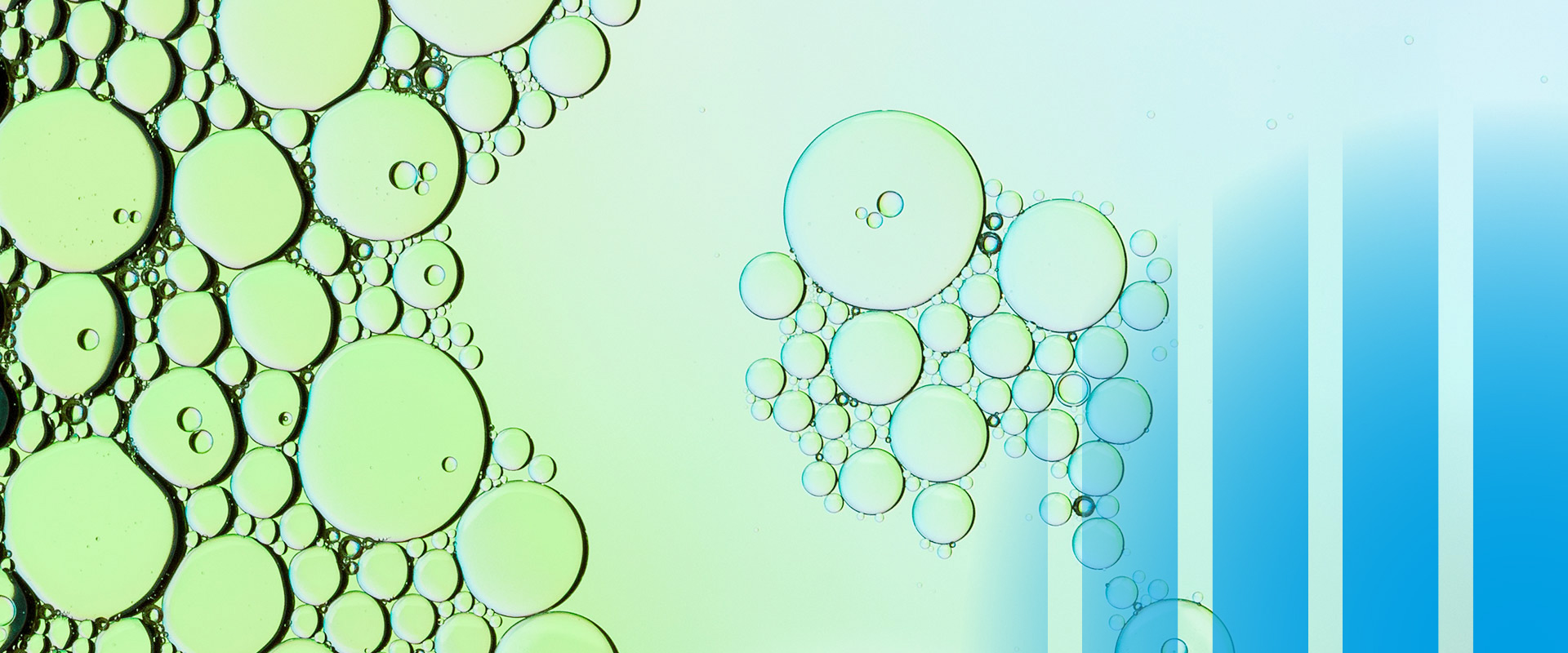Vinyl chloride (C2H3Cl) – Invisible and with a high risk of explosion and cancer
Gas detectors ensure safety
Vinyl chloride (VCM) is a colorless, slightly sweet-smelling gas that is mainly used in the plastics industry in the production of polyvinyl chloride (PVC). Despite its industrial importance, it is one of the most hazardous substances: Vinyl chloride is carcinogenic, highly flammable and difficult to detect – so reliable gas monitoring is essential.
Health risk from vinyl chloride – carcinogenic and toxic to the liver
VCM is absorbed via the respiratory tract and can trigger symptoms such as headaches, dizziness, irritation of the mucous membranes or unconsciousness even with short-term exposure. The long-term effect is particularly critical:
- According to IARC, vinyl chloride is classified as carcinogenic to humans (Group 1).
- Main health risk: angiosarcoma of the liver
- In addition, liver and nerve damage can occur with chronic exposure.
Toxicological limit values in Germany (TRGS 900):
- OEL (occupational exposure limit value): 1 ppm (2.6 mg/m³)
- Odor threshold is above the limit value → Danger is often detected too late
- Risk of unnoticed accumulation near the ground (VCM is heavier than air)
Explosion hazard due to vinyl chloride – High fire load in production
Vinyl chloride is highly flammable and forms explosive mixtures with air even at low concentrations. There is an acute risk, particularly in enclosed spaces, storage tanks or pipelines.
Explosion limits in air:
- LEL (Lower Explosive Limit): 3.6% by volume
- OEG (upper explosion limit): 33 % by volume
- Ignition temperature: approx. 472 °C | Flash point: -78 °C
Leaks, defective seals or hot surfaces can lead to uncontrolled ignition.
Gas detectors for vinyl chloride – Early detection protects lives and processes
Gas detectors are indispensable for detecting the invisible danger of VCM at an early stage. Our gas detection systems offer maximum safety for personnel, systems and the environment.
Your benefits with our VCM gas detectors:
- Early warning from a low ppm range
- Round-the-clock monitoring for systems, warehouses and pipelines
- Visual & audible alarms when limit values are exceeded
- Interfaces for controlling ventilation, shutdown and evacuation
- Stationary systems for process monitoring
Typical areas of application for VCM gas monitoring
- PVC & plastics production
- Petrochemical industry
- Tank & monomer storage
- Piping systems and feed pumps
- Chemical-pharmaceutical plants
- Dangerous goods handling & transportation
Safe processes with reliable vinyl chloride detection
VCM is a highly relevant hazardous substance in terms of occupational health and safety, the risks of which can only be controlled with professional measurement technology. Our gas detection systems ensure legally compliant, healthy and trouble-free operation – in every industry.
